The Achievement of Happiness 实现幸福
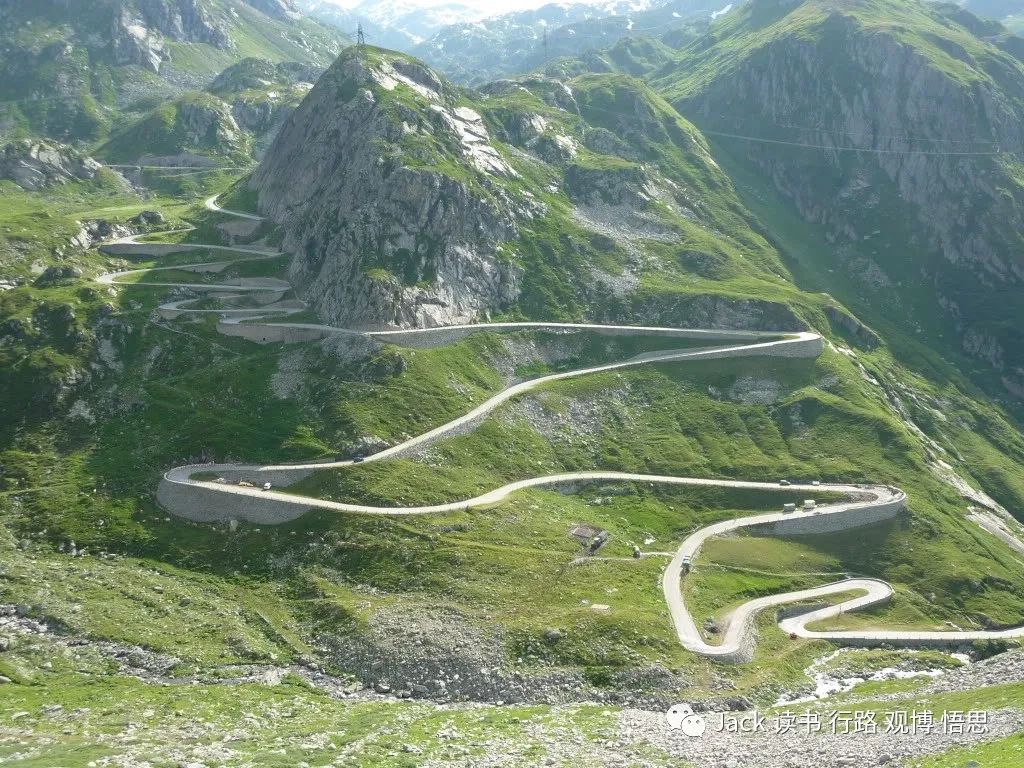
One of the centers of Buddhist ideas is "happiness in an individual." To be happy, a person must be able to "perceive the true nature of reality, unmodified by the mental constructs we superimpose on it." In other words, a person must procure "clarity" in seeing reality to achieve happiness. This process is not easy, and most cannot last until the end. A story about a mountain climb illustrates this concept about "clarity" and the hardships faced very well. A man was living beside a mountain. Every day, he thought about how to climb that mountain and the scenery he would see at the top. So, the man arrived at the foot of the mountain. Looking up at the towering peak, the man was undetermined about which path he should take, as all seemed extremely tiresome and dissatisfying. He asked one traveler after another about their climb and the view at the top. Finally, after speaking to 30 people, the man realized that there was no point anymore in climbing that mountain, because from the travelers' words, he could already clearly picture the way up and the views at the peak. He did not climb that mountain, nor could he genuinely feel the view at the top. According to Buddhist thinking, there is an essential moral from this story. Information can be shared with words, but it is impossible to convey the clarity you obtain at the top --- you must climb yourself. Clarity means you see clearer the interrelations between events and elements and can distinguish the most proper decisions, thus achieving happiness at the peak of the mountain.
However, as in the story, there are obstacles to the peak that discourage one from climbing. Buddhism identifies five main challenges, or "hindrances": Sensual desire, ill will or aversion, dullness of the body or heaviness of the mind, restlessness, and skeptical doubt. To overcome such obstacles, Buddhism proposes the idea of "just let it rain," which comprises the four stages: Recognition, acceptance or acknowledgment, investigation, and non-identification. Non-identification is the transcendent state that "I am not my body, I am not my mind, I am not my emotions. It is just that I can see these aspects." From my point of view, this idea encourages people to continue the climb by making them get rid of emotions, feel calm, gain transcendence, and establish a sense of clear motivation or direction. Along with promoting calmness, this method also curbs desire and restlessness. By trying to be transcendent and detached, the temptation, the worrying, or the unsettledness of things would fade away. You would only focus on the present moment, not thinking about the past or future too much. When the desire and restlessness are gone, you are on your way to the peak.
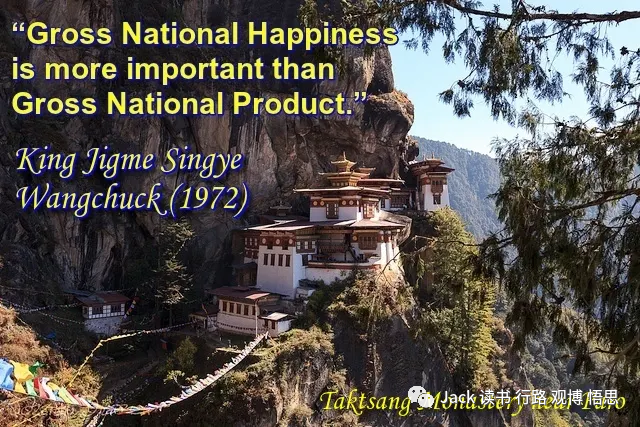
Similarly, a country can emphasize happiness on a broader scale and seek out innovative ways to obtain happiness for its people. A most pertinent case in point is the tiny Himalayan country of Bhutan. Bhutan has a bold statement that no other government globally has made: Gross National Happiness ("GNH") is more important than Gross National Product ("GDP"). This statement is exceptionally unique and courageous because it puts the happiness of the citizens ahead of economic growth. The concept of GNH was coined by the Fourth King of Bhutan, His Majesty Jigme Singye Wangchuck. In the late 20th century, he observed that capitalist countries that focus on economic growth leave some people rich and others poor and in misery. This phenomenon prompted the king to claim that since every human aspires for happiness, we must balance economic development with spiritual well-being. GNH was born.
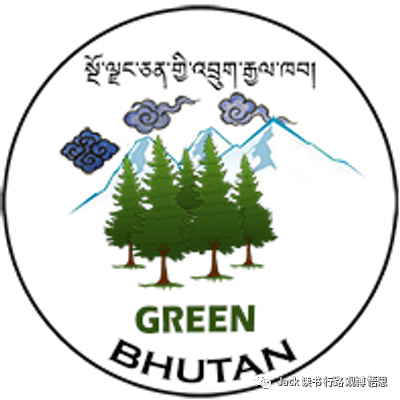

To measure GNH or raise it, therefore raising the happiness level in civilians, four pillars or criteria are set up: Environmental conservation, cultural promotion, sustainable and equitable development, along with good governance. Amazingly, Bhutan has kept up with these four pillars quite well. Environmentally, over 70% of the country is in forest cover. It is the only country on Earth that is not even carbon neutral but carbon negative. There are protected areas and biological corridors that link different natural regions in the country. Agriculture is 100% organic. Electricity is free, transport is mainly sustainable, and the government is aiming to go paperless. Government initiatives such as Clean Bhutan, Green Bhutan, and Bhutan for Life all have a clear goal of preserving the environment. The Bhutanese government holds that by protecting the environment and the climate, people will live harmoniously side by side with nature. This harmony will bring happiness.
Culturally, there are nationwide attempts to preserve cultural ceremonies, gatherings, and religions, as they lead to happiness. Traditional religious culture is still the bedrock of Bhutanese life. Moreover, education up until the college level is guaranteed to be free and focuses on learning about the culture. Bhutan wants to educate its citizens to clearly "see the interconnected nature of reality and understand the full benefits and costs of their actions and care deeply for others in the natural world," which fits its culture and morals. The GNH would rise by passionately caring for their culture because the Bhutanese take pride and full-heartedly immerse themselves in their cultural background.
The Bhutanese government does not ignore the importance of the economy and capital in raising the GNH level. Bhutan has been, although slowly, adopting modern development paths that involve trying to increase productivity levels. The government realizes that to provide free education, free Medicare, environmental protection that boost GNH, among many other vital factors, there must be enough economic capital or funds. But all the economic development can only come when the premise of environment preservation and the different cultural factors are met. For example, today, the main "driver" of Bhutan's economic growth comes from its hydropower industry, a clean power source, and will probably "remain [as] the backbone of the economy."
Overall, for an individual or a state, the Buddhist proposals of an austere lifestyle and proactively climbing to the mountain's peak, along with the Bhutanese emphasis on GNH, provide meaningful insights into the matter of "happiness." They pose two crucial questions: Would material wealth and economic prosperity bring long-term and the highest level of happiness? Is it possible that GDP and GNH coexist? Perhaps, the true significance of Buddhism, and Bhutan, is that they can remind the world that something imperative can be lacking even in countries booming in economic might and a super-high GDP, that maybe the depth of happiness can be reached only by living mindfully, reflectively, and energetically on this planet.
WORKS CITED
Cameron, Silver Donald, performer. Bhutan: The Pursuit of Gross National
Happiness. TedX Halifax, 2011.
Shi, Heng Yi, performer. 5 Hindrances to Self-Mastery. TedX Vitosha, 2020.
Tobgay, Tshering, performer. This Country Isn't carbon Neutral - It's Carbon
Negative. 2016.
PICTURES CITED
https://unsplash.com/s/photos/mountain-track
https://soapboxie.com/social-issues/Bhutans-Gross-national-happiness-can-change-the-world
https://twitter.com/green_bhutan/status/497314686732226561
https://cleanbhutan.org
https://www.facebook.com/login/?next=https%3A%2F%2Fwww.facebook.com%2FBFL.BHUTAN.FOR.LIFE%2F
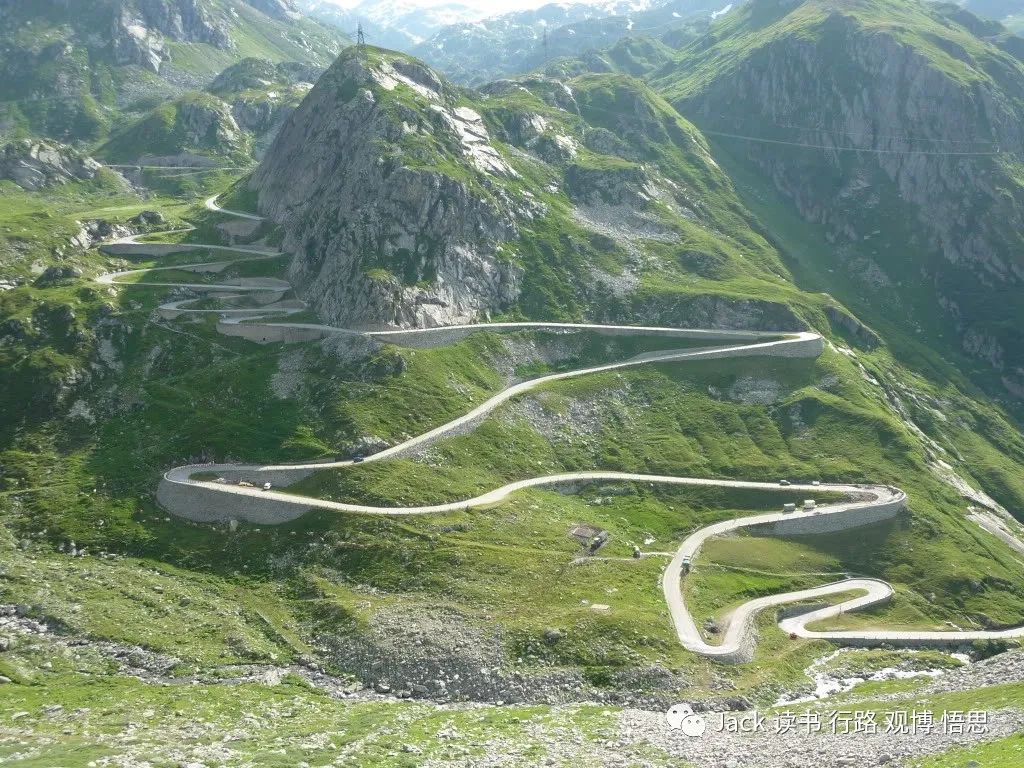
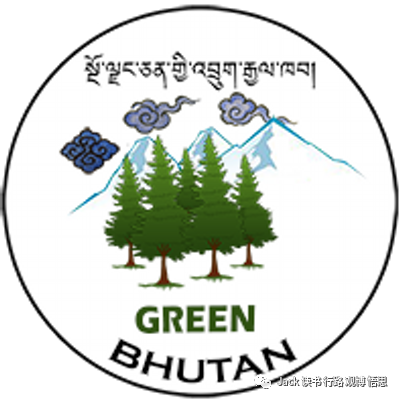

为了衡量GNH或提高它,因此提高公民的幸福水平,政府设立了四个支柱或标准:环境保护、文化促进、可持续并公平的发展,以及善治。令人惊讶的是,不丹已经很好地保持了这四个支柱。在环境方面,该国70%以上的地区为森林覆盖。它是地球上唯一一个甚至不是碳中和,而是负碳的国家。该国有保护区和生物走廊,连接不同的自然区域。农业是100%有机的。电力是免费的,交通主要是可持续的绿色能源交通,政府的一个主要目标是在未来长期内实现无纸化。政府的倡议和重大环境项目,如“清洁不丹”、“绿色不丹”和“永生不丹”,都有一个明确的目标,即保护环境。不丹政府认为,通过保护环境和气候,人们将能够与自然和谐地共同生活。这种和谐将带来一种内心深层次的自然快乐。
在文化方面,全国范围内不丹都在努力保护文化仪式、集会和宗教习俗,因为它们能给当地人民带来精神满足。传统的宗教文化仍然是不丹人生活的基石。更多的是,直到大学阶段的教育都保证是免费的,并以学习文化为重点。不丹希望教育其公民能够“清楚地看到现实的相互关联性,了解其行为的全部利益和代价,并深切关怀自然界中的其他人”,这符合其文化和道德伦理标准。通过对其文化的热情关怀,国民幸福指数会上升,因为不丹人以自己的文化背景为荣,全心全意地沉浸其中。
总的来说,对于一个人或一个国家来说,佛教所倡导的简朴生活以及主动爬上山顶和不丹对于GNH的强调为人类寻找幸福提供了独到的见解。它们提出了一个关键问题:单纯的物质财富和经济繁荣是否真的能带来长期和最高水平的快乐?GDP和GNH有可能共存吗?也许,佛教和不丹的真正意义在于,它们可以提醒世界,即使在经济实力蓬勃发展和GDP超高的国家,也可能缺乏一些精神层面必要的东西,也许只有通过在这个星球上用心地反思和精力充沛地生活,才能达到幸福的深度。
- 本文标签: 原创
- 本文链接: http://www.jack-utopia.cn//article/427
- 版权声明: 本文由Jack原创发布,转载请遵循《署名-非商业性使用-相同方式共享 4.0 国际 (CC BY-NC-SA 4.0)》许可协议授权










